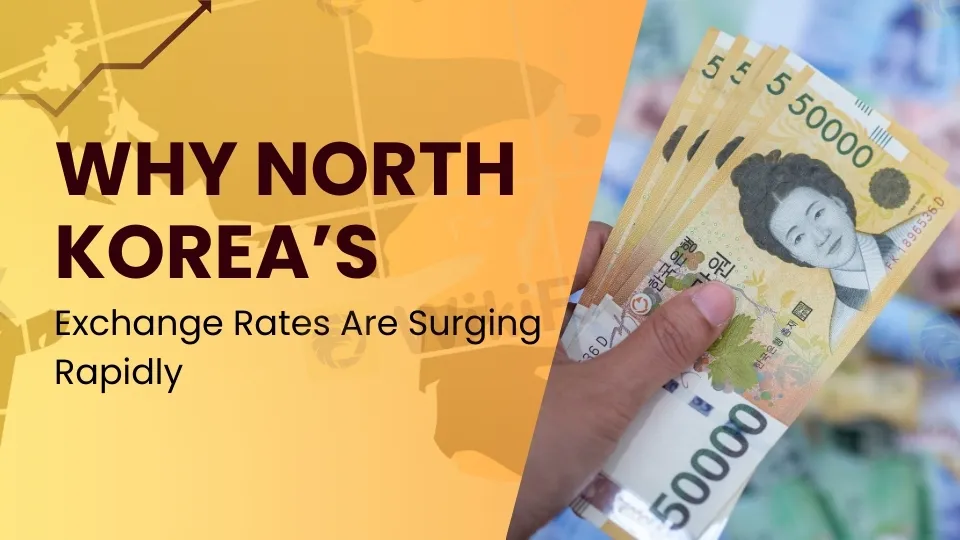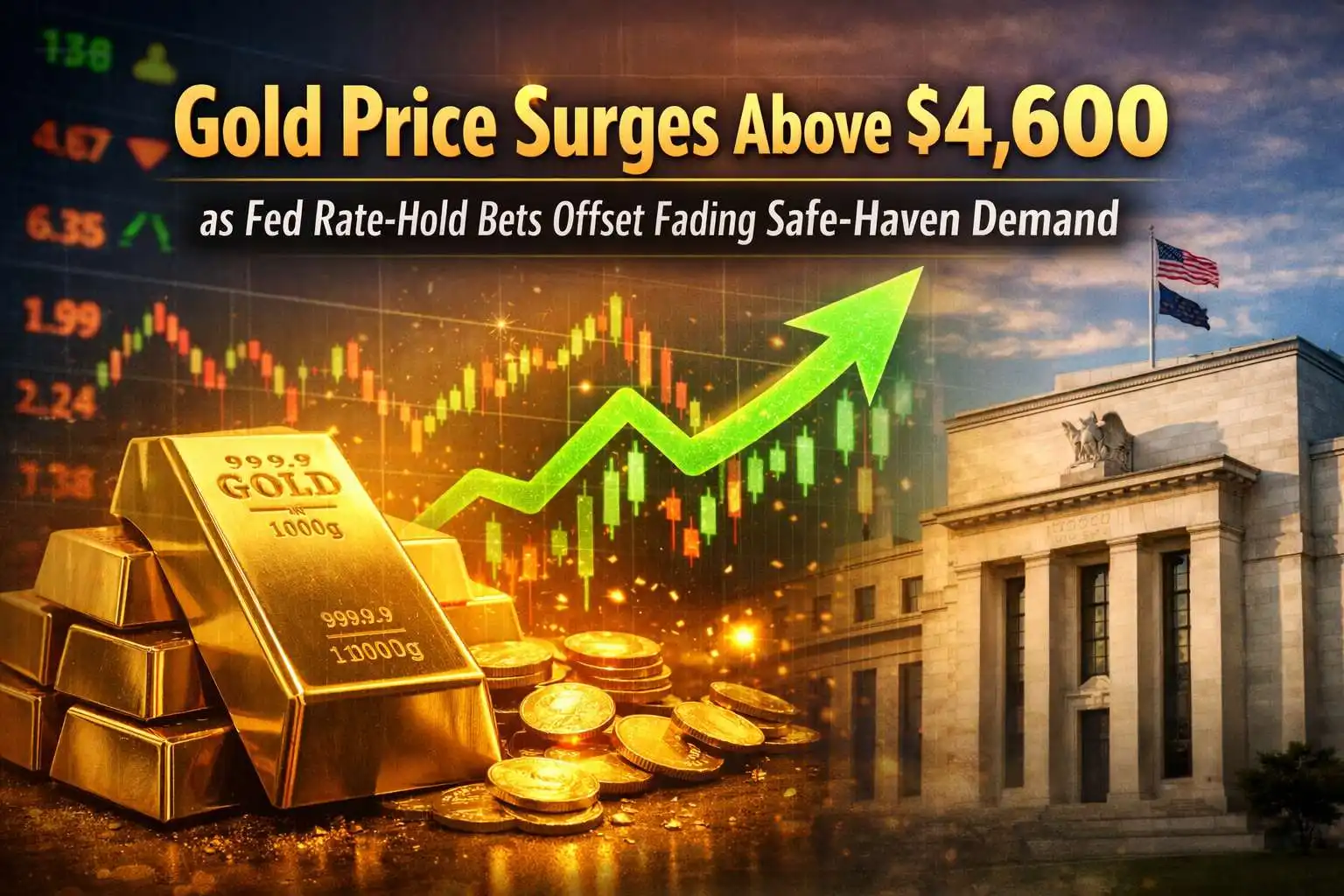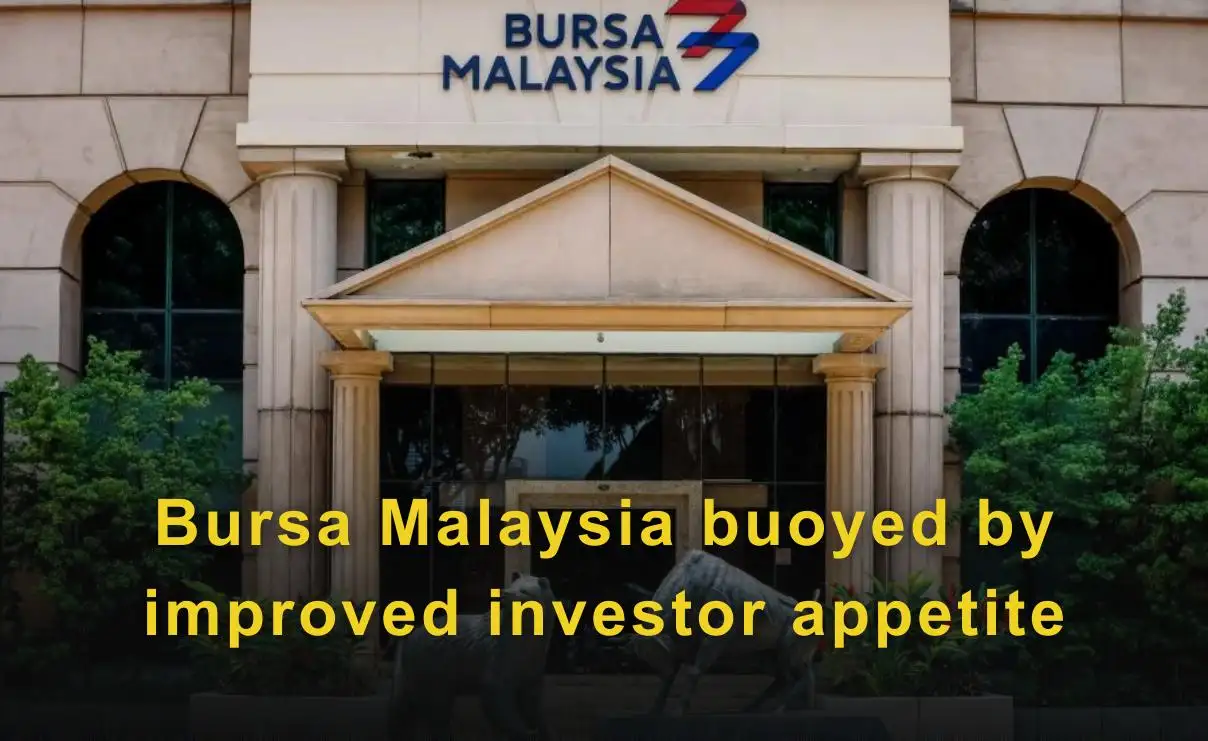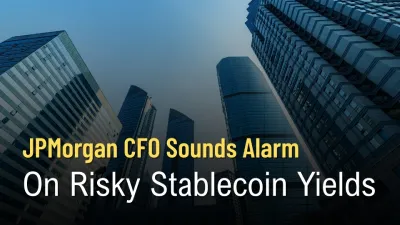Abstract:North Korea’s exchange rates surged by 92% in the past year. Explore the role of trade, black market currency, and Kim Jong Un’s policies in this economic shift.

The foreign exchange market in North Korea has seen unprecedented fluctuations, with exchange rates surging dramatically. The Korean Peoples won (KPW) has now reached a rate of 16,100 per US dollar in Pyongyang, marking the highest rate recorded since 2009. This represents a 92% increase in the past year alone, with an almost 90% rise within just six months. In comparison, the exchange rate for the Chinese renminbi (RMB) has also increased, though by a lesser 35% in the same period.
Factors Behind the Exchange Rate Spike
The sharp rise in North Korea‘s exchange rates can be attributed to several key factors. One primary cause is the reopening of trade following the COVID-19 pandemic. North Korea’s trade, especially with China, has slowly recovered, reaching 82% of pre-pandemic levels by 2023. Despite this improvement, the current trade volumes are insufficient to justify the rapid increase in exchange rates.
Another critical factor influencing the surge is Kim Jong Uns ambitious “20×10 Policy,” which seeks to construct modern factories in 20 rural areas each year over the next decade. This large-scale industrial initiative requires significant machinery and raw materials imports, potentially contributing to the increased demand for foreign currency. While trade with Russia is also increasing, this impact on the overall exchange rate remains unclear.
Market Expectations and Psychological Factors
Beyond tangible factors like trade and policy, human psychology and market expectations are playing an outsized role in the current exchange rate spike. As confidence in the KPW decreases, individuals and businesses shift their holdings to foreign currencies like the US dollar, anticipating further depreciation of the won. This shift drives up demand for foreign currency, further weakening the KPW.
In this case, expectations of a more extensive reopening of trade and heightened import activity have fueled much of the KPW‘s depreciation. As North Korea’s market anticipates greater foreign currency needs for imports, the value of the domestic currency continues to plummet.

Government Policies and Black Market Trading
North Koreas attempts to stabilize the KPW through official policies have had the opposite effect. The government recently issued a directive calling for strict adherence to the official exchange rate of 8,900 KPW to the US dollar, blaming “unfounded rumors” and “foreign currency hoarding” for the escalating rates. However, the official rate is significantly lower than the black market rate, which is trading at 16,100 KPW. This discrepancy incentivizes further black market activity as traders take advantage of arbitrage opportunities.
The governments efforts to crack down on black market currency trading have exacerbated the problem. By ordering the confiscation of goods and foreign currency from illegal traders, the state has heightened market anxiety, prompting more individuals to hoard foreign currency in anticipation of scarcity, thus increasing the exchange rate.
Historical Trends and Future Outlook
Recent exchange rate trends in North Korea directly link government intervention and market instability. During the COVID-19 pandemic, border closures led to a sharp drop in exchange rates. However, when trade with China resumed in 2023, rates quickly rebounded. Political signals suggesting increased trade with Russia likely added to the volatility, although the exact impact remains unclear.
North Korea‘s capacity to control the exchange rate through monetary policy is limited. The country’s foreign currency reserves are small, and strict monetary policies risk slowing down consumer spending and sparking deflation. Over time, exchange rates will stabilize as trade expectations level off. However, if the government continues its aggressive crackdown on illegal currency exchanges, hoarding may persist, regardless of actual economic conditions.
Conclusion
North Korea‘s skyrocketing exchange rates are a result of a complex mix of trade, policy, market expectations, and psychological factors. While Kim Jong Un’s 20×10 Policy and the reopening of trade have contributed to the surge, the most significant factor appears to be market anticipation of future foreign currency needs. The states efforts to combat black market trading have only intensified the volatility, leaving North Korea with few tools to stabilize its exchange rates effectively.
Stay updated on North Korea's currency surge and its impact on trade and policy. Read the full analysis on WikiFX News now!











